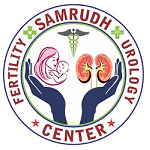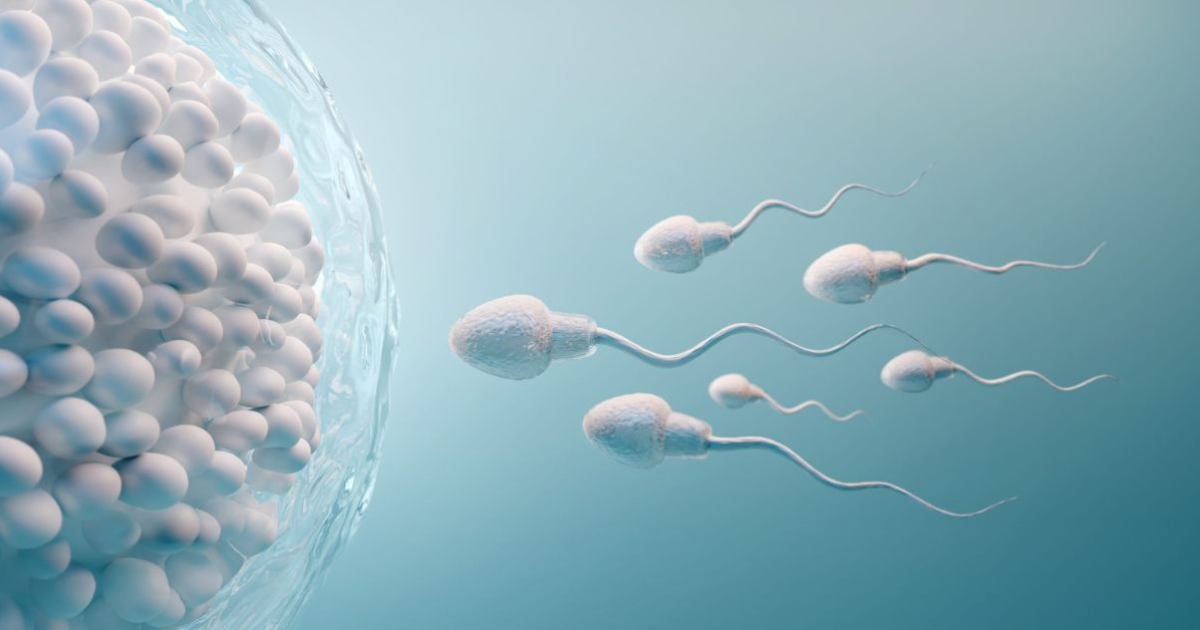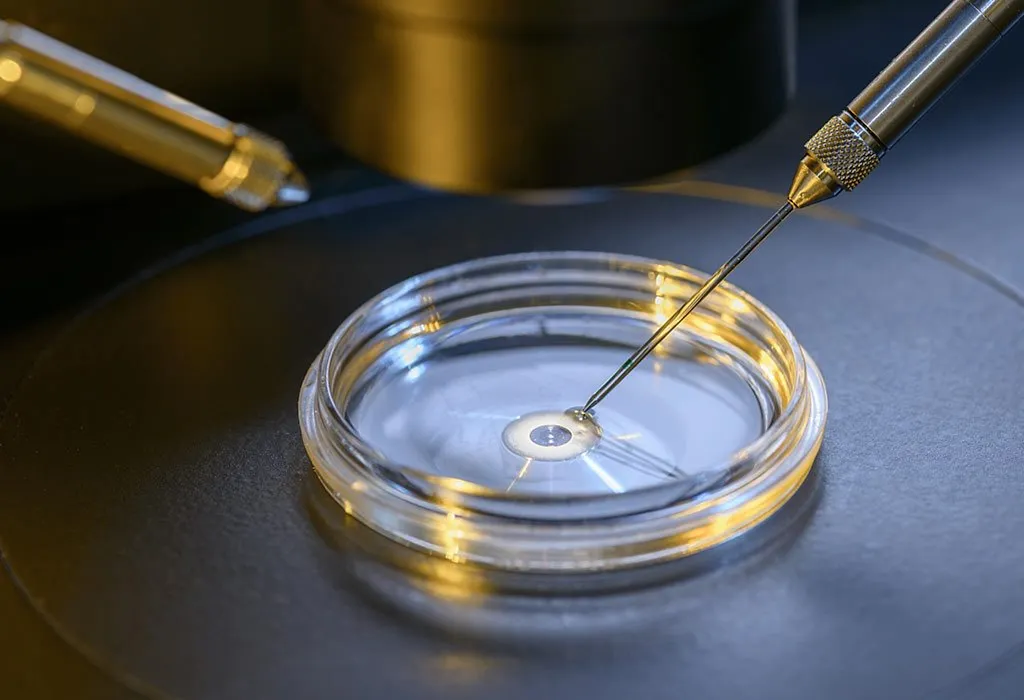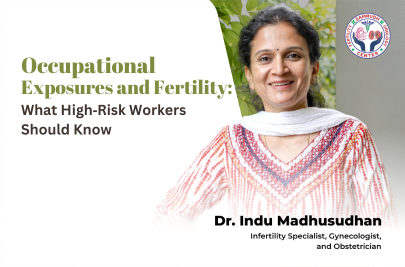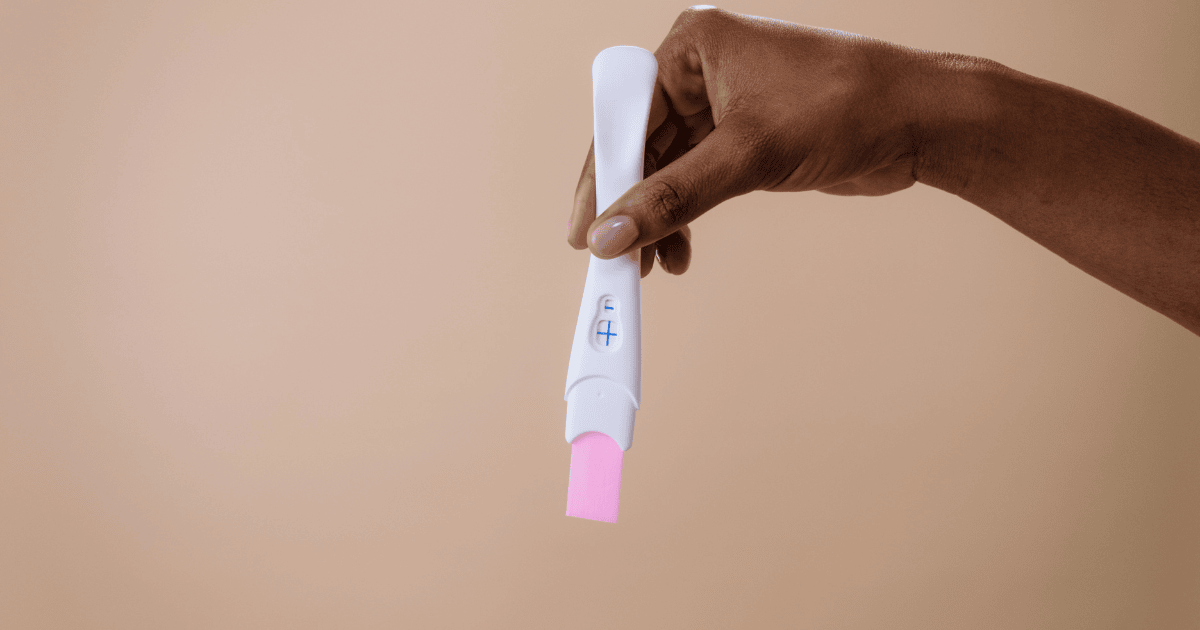Egg quality plays a vital role in a woman’s ability to conceive and maintain a healthy pregnancy. In India, where fertility concerns are on the rise due to changing lifestyles, stress, late marriages, and environmental factors, understanding what poor egg quality means is crucial—especially for couples trying to conceive naturally or through assisted methods like IVF.
This blog will guide you through everything you need to know about poor egg quality, its signs and symptoms, why it matters, and what you can do if you’re affected.
Table of Contents
What Is Egg Quality and Why Does It Matter?
Signs and Symptoms of Poor Egg Quality
Causes of Poor Egg Quality in Indian Women
How Egg Quality Is Diagnosed
How Egg Quality Affects Natural Conception and IVF
Ways to Improve Egg Quality Naturally
Medical Treatments That Can Help
When to See a Fertility Specialist
Frequently Asked Questions
What Is Egg Quality and Why Does It Matter?
Egg quality refers to the health of a woman’s eggs and their ability to be fertilized, develop into embryos, and lead to a successful pregnancy. Unlike quantity, which is the number of eggs a woman has, quality determines how viable those eggs are.
In simple terms, good quality eggs:
Have the right number of chromosomes (23)
Are more likely to be fertilized
Can result in healthy embryos
Increase the chances of implantation and full-term pregnancy
Poor egg quality, on the other hand, often leads to:
Failed fertilization
Miscarriages
Chromosomal abnormalities
Low success rates in IVF
As women age, particularly after 35, egg quality begins to decline naturally. However, even younger women can have poor egg quality due to various factors.
Signs and Symptoms of Poor Egg Quality
Unlike some fertility issues, poor egg quality doesn’t always have obvious physical symptoms. Most women only discover it when they struggle to conceive. However, some indirect signs and symptoms can indicate potential problems.
Difficulty in Getting Pregnant
One of the most common signs of poor egg quality is difficulty conceiving even after trying regularly for a year (or six months if you’re over 35). This is often the first indicator that something might be wrong.
Miscarriages
Recurrent miscarriages, especially in early pregnancy, may be linked to chromosomal issues caused by poor egg quality. Embryos formed from such eggs are less likely to develop properly.
Irregular Periods
While not exclusive to poor egg quality, irregular menstrual cycles may signal hormonal imbalances that affect ovulation and egg development.
Low AMH Levels
Anti-Müllerian Hormone (AMH) is a marker used to estimate ovarian reserve. Low AMH levels might point to fewer and possibly poorer quality eggs.
Poor Response to Ovarian Stimulation
During IVF or fertility treatments, women with poor egg quality often produce fewer mature follicles even with high doses of fertility medication.
Menstrual Blood Clotting or Color Change
Changes in period blood, such as very dark or light-colored flow, may hint at hormonal imbalances or aging ovaries. While not definitive, these are sometimes linked to declining egg quality.
Causes of Poor Egg Quality in Indian Women
Several lifestyle and environmental factors are known to impact egg quality, especially among Indian women living in urban areas:
Age: Women over 35 experience a natural decline in egg quality
Smoking and Alcohol: These toxins damage ovarian cells
Obesity or Being Underweight: Hormonal imbalance can interfere with egg development
Poor Diet: Deficiency in antioxidants, vitamins (especially Vitamin D, B12), and minerals like zinc can reduce egg health
Stress: Chronic stress elevates cortisol levels which negatively impacts reproductive hormones
Pollution and Endocrine Disruptors: Common in Indian metro cities, these chemicals interfere with hormonal functions
PCOS and Endometriosis: These conditions affect ovarian function and egg maturation
How Egg Quality Is Diagnosed
Poor egg quality cannot be diagnosed with one single test. Instead, doctors use a combination of tests and clinical history to form a diagnosis.
Common Diagnostic Tests
| Test | What It Measures | What It Indicates |
|---|---|---|
| AMH Test | Anti-Müllerian Hormone | Reflects ovarian reserve |
| FSH Test | Follicle-Stimulating Hormone | High levels may indicate low egg quality |
| Antral Follicle Count (AFC) | Number of follicles visible via ultrasound | Fewer follicles may suggest reduced egg supply |
| Estradiol Test | Estrogen levels | High on Day 3 may point to poor quality eggs |
| Ovarian Biopsy (rarely used) | Direct tissue check | In extreme cases, checks ovarian aging |
In IVF, egg quality is often assessed based on how eggs look under a microscope after retrieval—examining the maturity, shape, and structure of the egg.
How Egg Quality Affects Natural Conception and IVF
In natural conception, a high-quality egg increases the chances of fertilization and embryo development. Poor egg quality reduces this chance, even if sperm is healthy.
In IVF cycles:
Poor quality eggs may not fertilize at all
Even if they do, embryos may not develop beyond Day 3 or 5
The chance of implantation and live birth reduces significantly
Success rates of IVF are closely tied to both age and egg quality. According to a study published in the Journal of Human Reproductive Sciences, Indian women over 35 had almost 40% lower IVF success rates compared to those under 30, primarily due to egg quality.
Ways to Improve Egg Quality Naturally
While you cannot change your age or genetics, you can improve your lifestyle and fertility health. Some natural ways to support better egg quality include:
Eat an antioxidant-rich diet: Focus on leafy greens, berries, nuts, seeds, and whole grains
Regular exercise: Improves blood flow to ovaries
Sleep well: Hormonal balance relies on restful sleep
Avoid smoking and alcohol: These directly damage reproductive cells
Manage stress: Yoga, meditation, and therapy can help reduce cortisol levels
Limit exposure to plastics and chemicals: Use glass containers and avoid processed foods
Medical Treatments That Can Help
If natural methods are not enough, your fertility specialist might suggest:
DHEA Supplements: Can improve egg quality in some women
Coenzyme Q10 (CoQ10): An antioxidant known to support mitochondrial function in eggs
Ovarian PRP Therapy: An emerging treatment using Platelet-Rich Plasma to rejuvenate ovaries
Mild IVF Stimulation Protocols: Tailored to protect the quality of eggs in older women
Donor Eggs: In cases of severe egg quality issues, using donor eggs may be advised
When to See a Fertility Specialist
If you’re under 35 and haven’t conceived after one year of trying, or if you’re over 35 and it’s been 6 months, it’s time to consult a fertility doctor.
Other reasons to seek help sooner:
Repeated miscarriages
Irregular or absent periods
Known conditions like PCOS or endometriosis
Family history of early menopause
Early diagnosis and intervention can give you more options and better chances of success.

